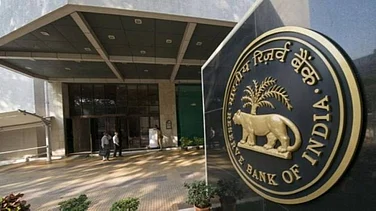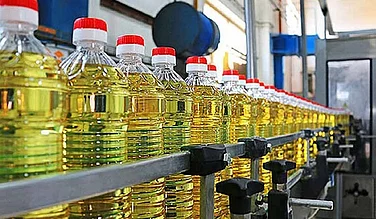India and the UK signed the much awaited free trade agreement on Thursday with an aim to provides near-complete tariff elimination for Indian exporters and increase the bilateral trade between the two countries to $120 billion by 2030.
The deal will ensure duty free access for 99% of Indian exports to Britain, including from sectors like agriculture and labour-intensive sectors.
The document was signed by Commerce and Industry Minister Piyush Goyal and British counterpart Jonathan Reynolds, in the presence of Prime Minister Narendra Modi and British PM Keir Starmer.
What Gets Cheaper in India?
In India, tariffs will be slashed on 90% of British goods, including:
Electric vehicles: This sector will witness a tariff cut from 110% to 10%, within specified quotas.
Scotch whisky: This product range is also expected to get cheaper over the years, with a fall in import duty going from 150% to 75% immediately and then further to 40% over the next 10 years.
Additionally, even cosmetics, chocolates, biscuits, salmon, soft drinks as well as medical devices will become more affordable.
In terms of luxury cars, premium British automobile brands including Rolls-Royce, Jaguar Land Rover, Bentley and Aston Martin will also see reduced prices in India.
Many of the premium UK brands will now become more accessible to Indian consumers with average tariff on UK imports dropping from 15% to 3%
Which Indian Exports will Get Duty-free Access to the UK?
Indian farmers will now get preferential access to the UK’s $37.5 billion agri market. The country will also protect its sensitive sectors like dairy, vegetables, apples, cooking oils, oats, etc., from British exports.
The $5.4 bn UK market for marine products will now open for Indian exports as the import duty on marine products from India will now fall to zero from up to 20% currently.
The Textiles and Clothing sector in the country, which was previously subject to duties of up to 12%, will now be completely removed for Indian exports to the UK.
Earlier, products from the Leather and Footwear sector were levied a duty of 16%. These have now been brought down to zero, marking a significant win for exporters, especially from states like Uttar Pradesh and Tamil Nadu.
Apart from that, goods from the Gems, Jewellery, Furniture and Sports sectors were subjected to duties of up to 4%. Now, these sectors will benefit from full duty elimination. This will help in boosting exports of handcrafted, artisanal and design-intensive products.
In addition to that, products in the processed foods sector that earlier faced duties as high as 70%, will now enjoy zero duty on 99.7% of tariff lines. Duties have also been eliminated from the chemicals, electrical machinery, mechanical machinery as well as plastics or rubber sector.
Around 75,000 Indian workers will benefit from the Double Contribution Convention (DCC). This will essentially exempt Indian workers and their employers from social security contributions in the UK for up to three years, significantly improving take-home pay of employees and reducing costs for companies employing Indian workers.


































